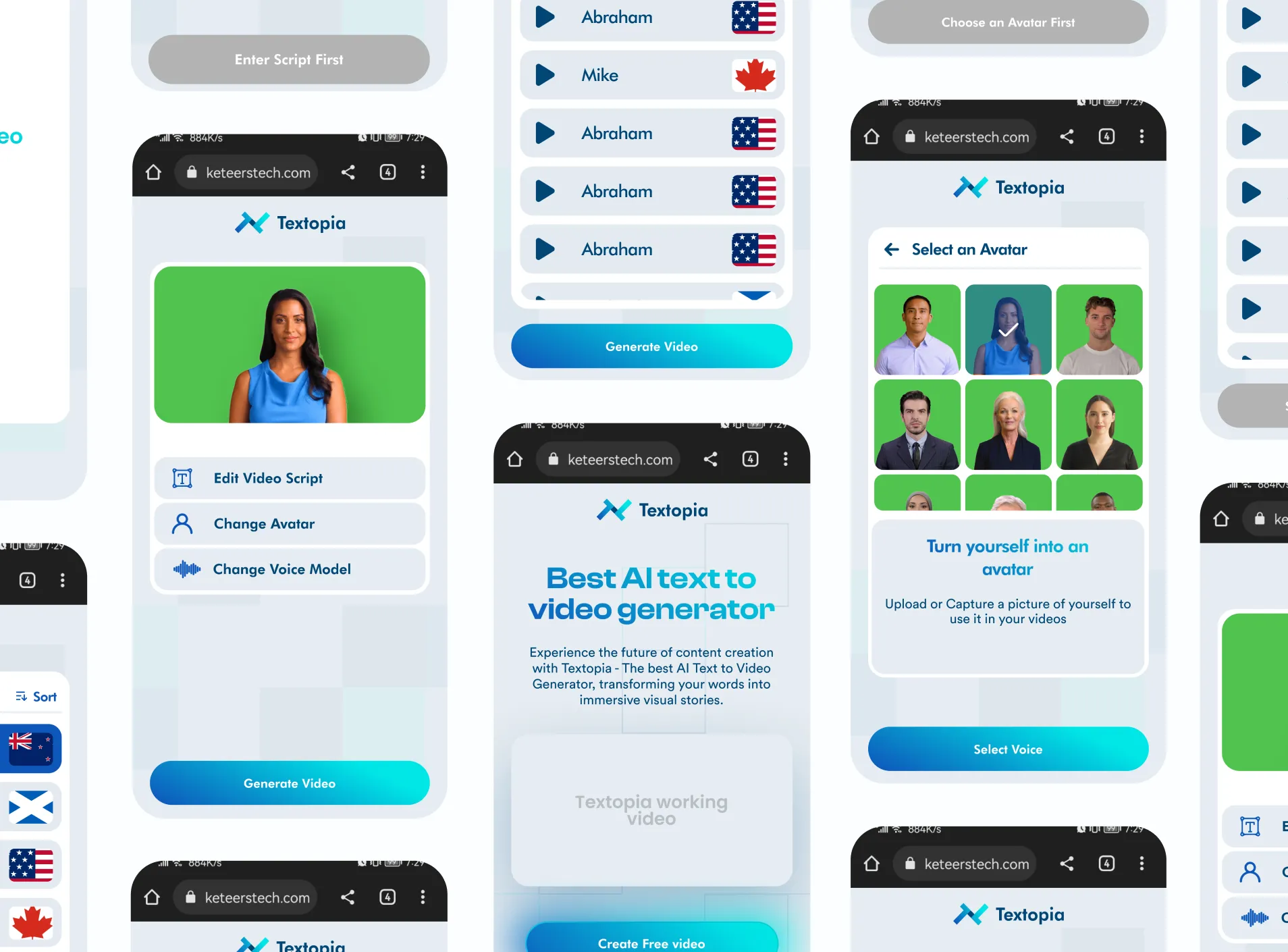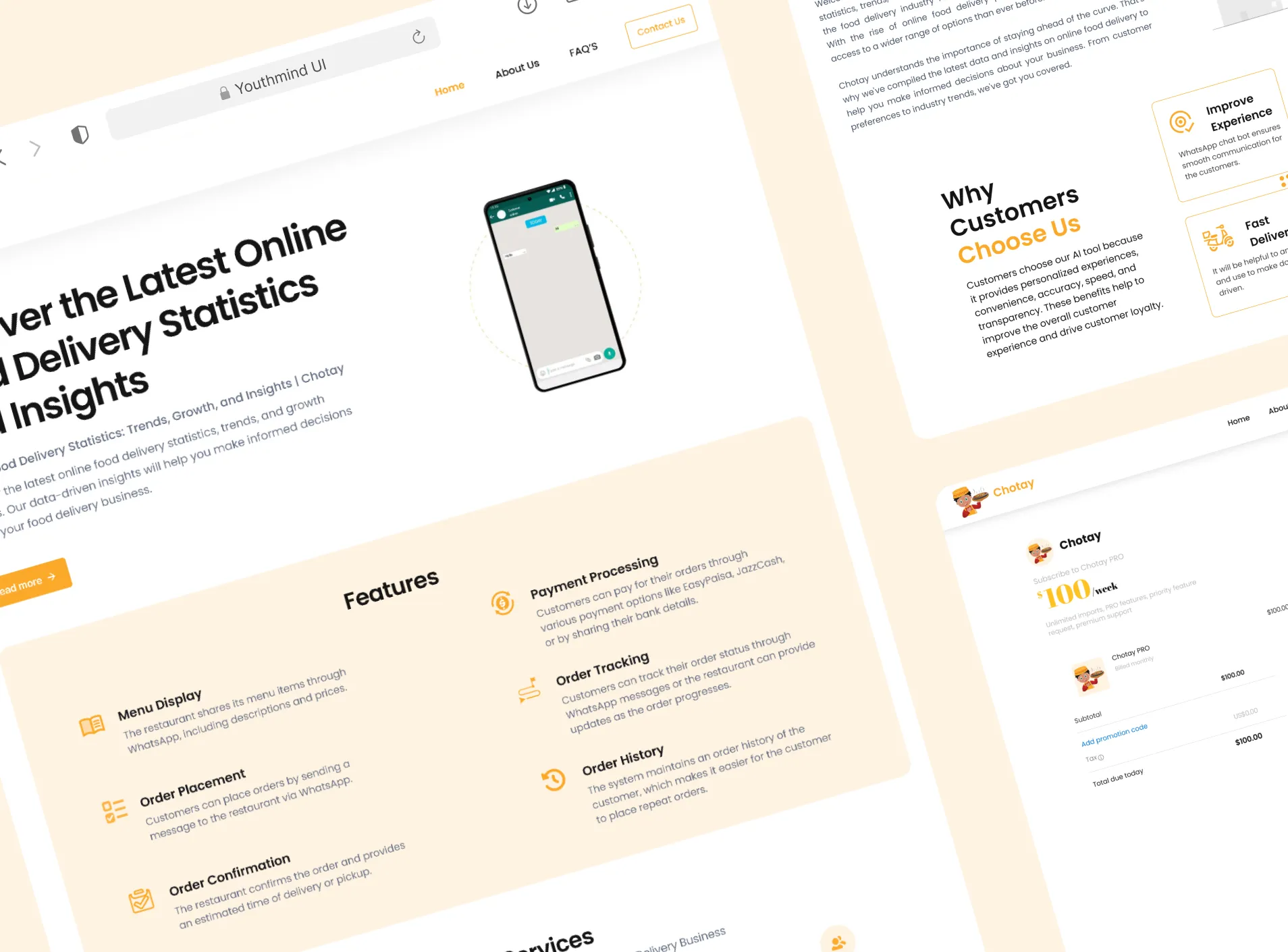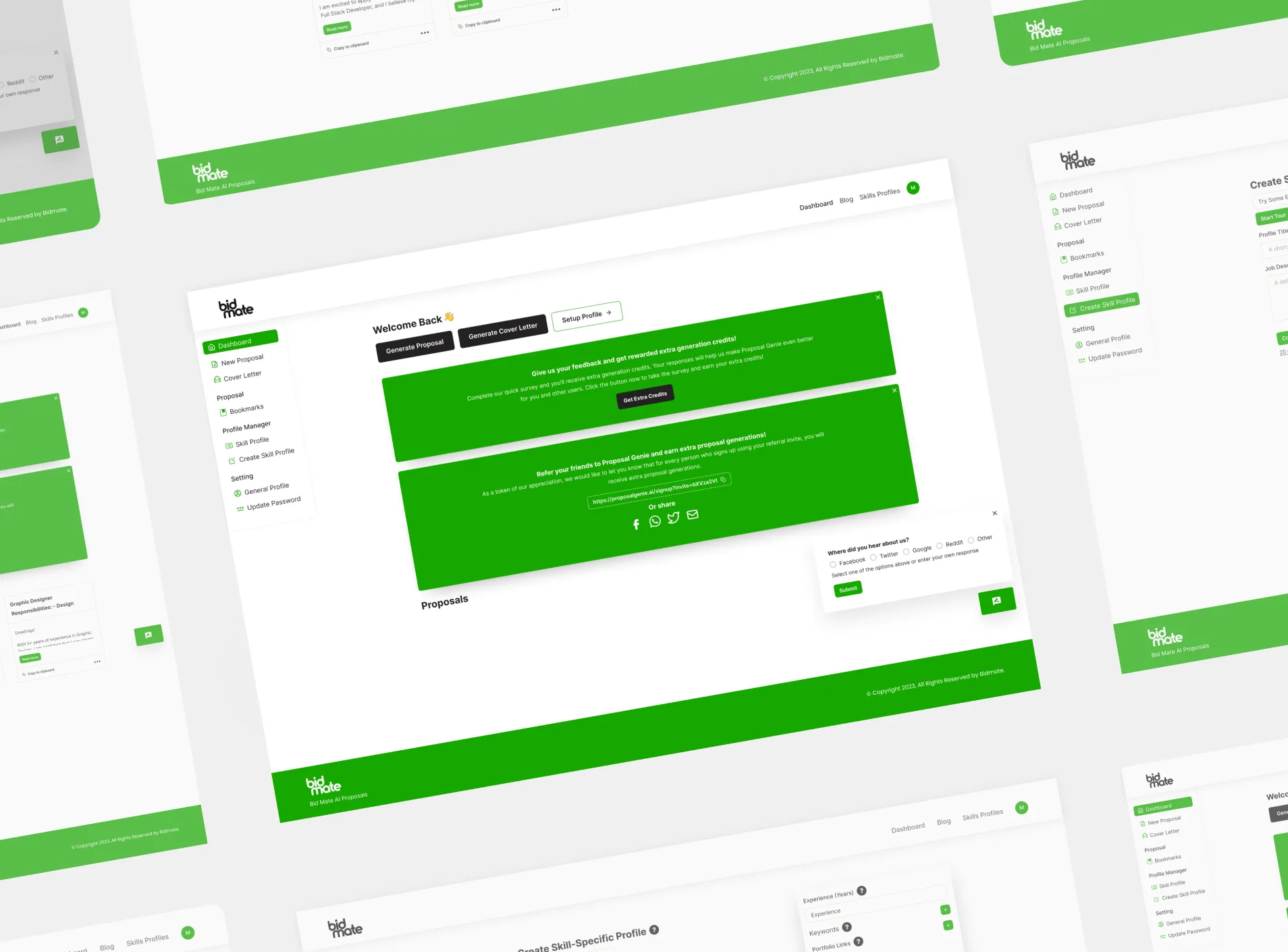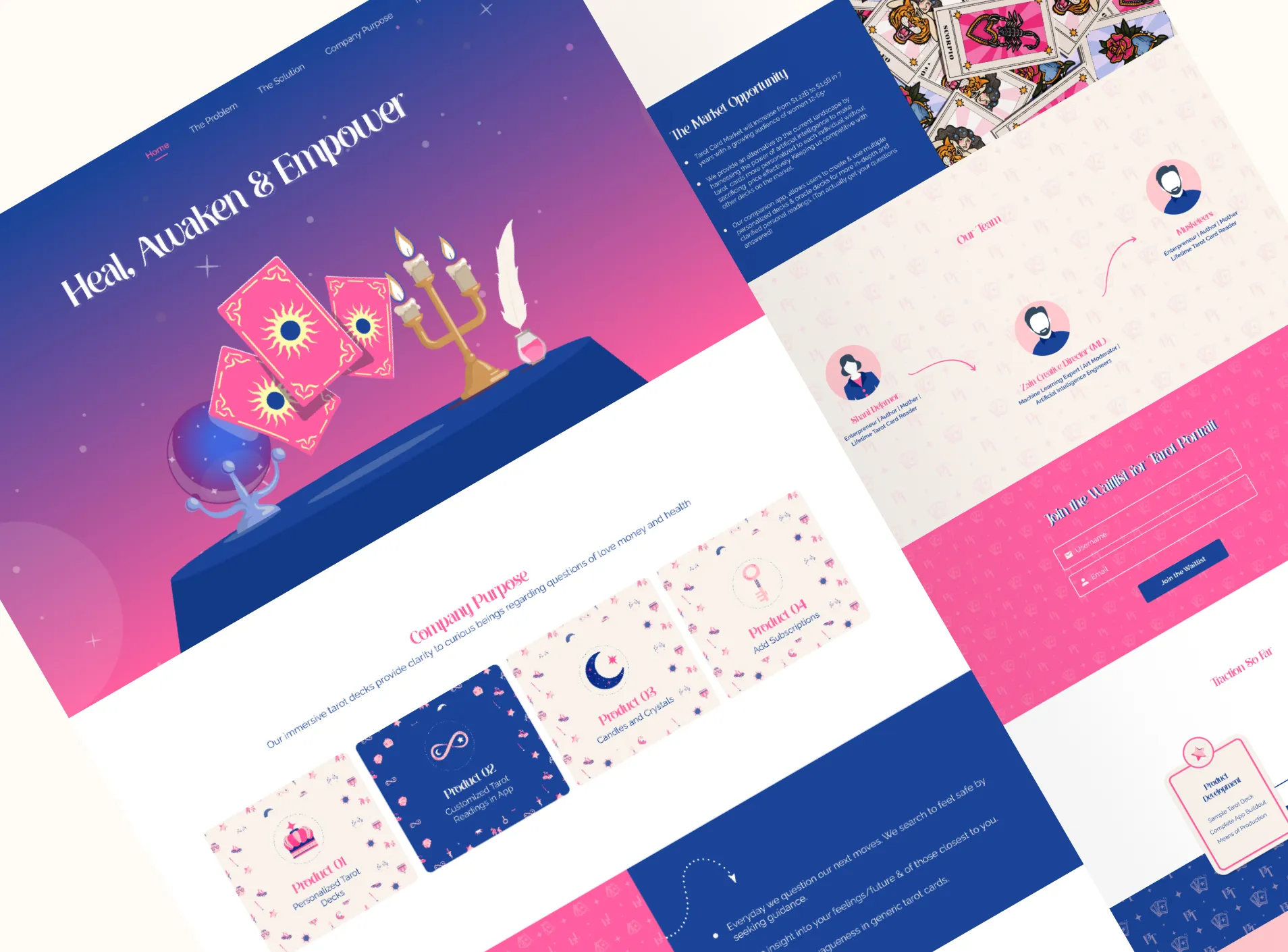
- 22 Mar, 2024
- Mobile Development
- Technology
- By Musketeers Tech
In the dynamic realm of digital innovation, mobile app development platforms stand as pivotal tools. At Musketeers Tech, we recognize these platforms as the backbone of app creation, offering an array of resources for crafting applications across various operating systems like iOS, Android, and Windows.
These platforms are not just about code generation; they’re about bringing efficiency and effectiveness to the app development lifecycle. But what is the best mobile app development platform? Let’s explore.
The Two Pillars of Mobile App Development Platforms
Two main strategies—Native App Development Platforms and Cross-Platform App Development Platforms—have emerged as the cornerstones for creating strong and compelling mobile applications in the ever-changing field of app development.
These two pillars stand for two different approaches, each with pros and downsides of their own, meeting different demands and goals in the app development space.
Native App Development Platforms
When considering the best mobile app development platform, native platforms are a top choice for developers aiming to leverage native APIs and tools. They play a crucial role in the digital transformation landscape, serving as the artisans of the app world.
Native platforms ensure that each application not only excels in performance but also undergoes a transformative enhancement in user experience on its intended platform.
Cross-Platform App Development Platforms
These platforms stand out as the best mobile development platforms for those looking to bridge diverse operating systems. Leveraging artificial intelligence, they allow for a single codebase to flourish across multiple platforms, representing a cost-effective and efficient pathway for businesses aiming to capture a broader audience without multiplying their development efforts.
Why Choose a Mobile App Development Platform?
At Musketeers Tech, we’ve distilled the benefits of these platforms into key points:
- User-Friendly: With intuitive interfaces and pre-built elements, these platforms simplify the app development journey, particularly for newcomers, making them some of the best mobile app development platforms available.
- Cross-Platform Harmony: Develop once, deploy everywhere – a mantra for today’s app market, facilitated by some of these versatile platforms, often regarded as the best mobile development platforms.
- Cloud Integration: They often come with cloud service tie-ins, easing the load on developers to maintain servers and infrastructure.
- Robust Testing Tools: From simulators to bug-tracking, these platforms offer a suite of tools to ensure your app performs flawlessly across devices and OSes.
A Glimpse into Leading Mobile App Development Platforms
- Xamarin: Famed for its code reusability, Xamarin is a haven for those fluent in C# and .NET, offering a blend of native feel and cross-platform flexibility.
- Flutter: Google’s gem in the app development realm, known for its Hot Reload feature, making app development a breeze with real-time updates.
- Cordova: Leverages web technologies for cross-platform development, ideal for those familiar with HTML, CSS, and JavaScript but seeking to tap into native device functionalities.
- Sencha: A champion of HTML5 and JavaScript, it’s known for its extensive UI components and rich data visualization tools.
- Unity: Not just a game developer’s paradise, Unity is a powerhouse for creating immersive apps, albeit demanding on device performance.
- Ionic: Renowned for its simplicity, Ionic uses familiar web technologies, offering a single codebase for varied platforms.
- React Native: A Meta brainchild, this platform is all about building native-like apps with JavaScript, boasting a smooth user experience and hot reloading.
- NativeScript: Offers the best of both worlds - native performance using familiar web languages like JavaScript, Angular, or TypeScript.
Wrapping Up: Making the Right Choice
In choosing a mobile app development platform, it’s vital to weigh your app’s intended purpose, target platforms, and the tools at your disposal. Each platform carries its unique strengths, but the right choice hinges on your specific requirements and objectives.
When asking ‘what is the best mobile app development platform,’ remember that the true measure of a mobile app’s success lies in its quality and relevance to the user. By selecting an apt development platform and leveraging its tools, developers can craft applications that not only resonate with their audience but also foster engagement and loyalty.













